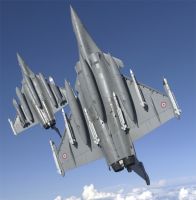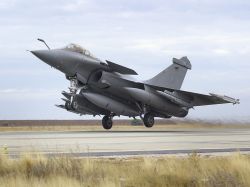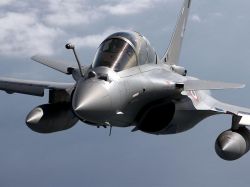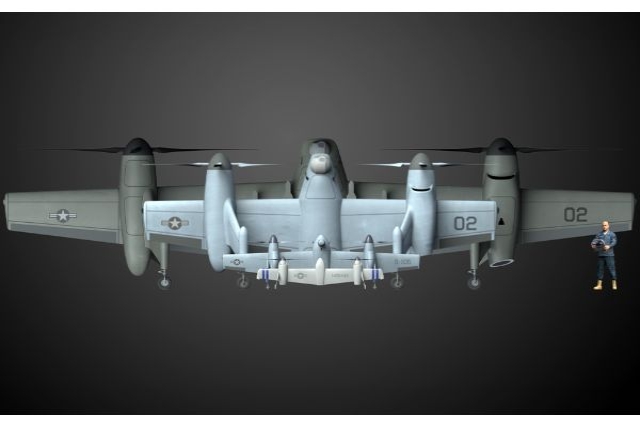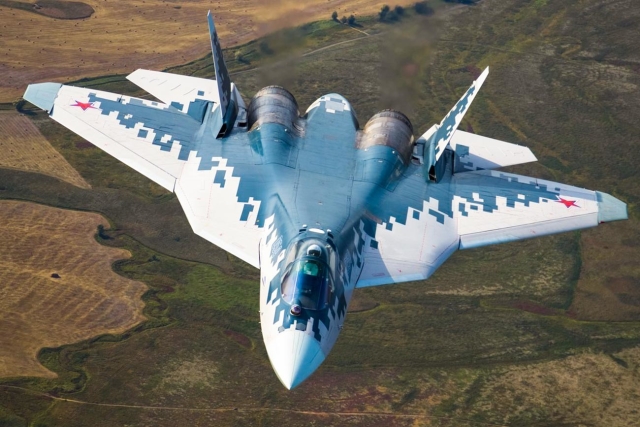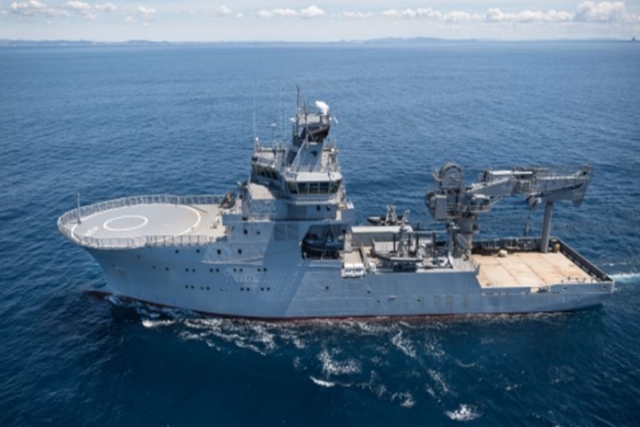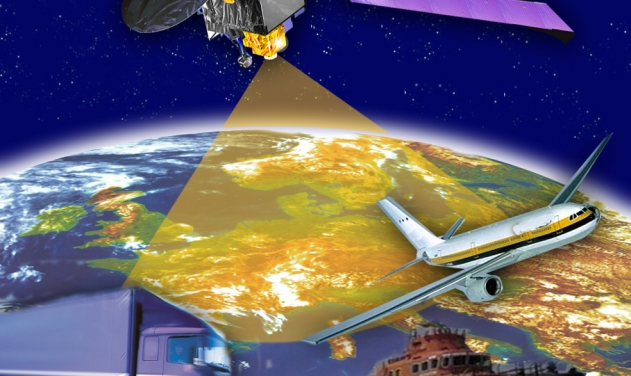Will Cost Escalation Down-Size Rafale Jet Contract?

India many consider downsizing the Rafale fighter order from 126 to 80 following concerns over cost escalation, Indian media reports.
The DNA newspaper quoted an unnamed IAF officer saying, “Hindustan Aeronautics (HAL) has asked France to re-consider the price. Cost escalations and disagreements over production have delayed the contract.”
The report speculated that in the absence of an agreement on price, India my cut down the order to 80 in order to save money and keep the purchase within the originally budgeted amount of US$ 12 billion.
The Indian MoD and Dassault have not reacted to the report. In fact, both sides have officially kept mum over the progress in the negotiations over the last few months while news quoting unnamed Indian officials has been trickling in from time to time, mostly indicating that the delay is over price negotiations. These reports have not been denied either.
The cost of the program was $12 billion when the initial tender was floated. The price shot up to $18 billion when Dassault won the contract as the lowest bidder in January 2012. The transfer of technology, life cycle costs and creating assembly line might finally cross $20 billion.
The government may find it difficult to justify a nearly 80% price hike for the Rafale jets to the Indian parliament. In the past, the accounting watchdog, the Comptroller and auditor general (CAG) has criticized the government for its fiscal conduct while concluding defense deals.
According to reports, India would have to pay an advance of at least $1.5- 2 billion to Dassault, manufacturer of Rafale jet aircrafts. This will hamper other defense equipment procurements which are waiting in the wings such as purchase of Boeing Apache and Chinook helicopters among others.
Indicating a that money was the problem in the Rafale MMRCA deal, A.K.Antony, former Defense Minister had said in February this year “Major procurement can only be possible in the next financial year. With 92% of capital budget exhausted, there is no money left for the fiscal year”..
The new government of Prime Minister Narendra Modi appears to have inherited a depleted government kitty. The Prime Minister seems to be less in favor of imports and more for indigenous production. “We need to give importance to latest technology. Why should we import defense equipment? We must be self-sufficient. Why can’t we sell our defense equipment to other nations?” Mr Modi had questioned while dedicating to the nation the INS Vikramaditya aircraft carrier on June 14.
However, Arun Jaitley, Defense Minister did hint about expediting defense purchases. "The entire resources of the country, notwithstanding various pressures, have to be made available in significant amount for those in defense of the country," he said.
The picture regarding defense procurement is expected to be clear after July 10 when the union budget for fiscal year 2014-15 is presented in parliament. While the defense forces have asked for a higher allocation, it is unlikely that all their demands would be met. However, a substantial increase in capital outlay would be the clearest indication of one or major defense procurement deals in the offing this fiscal.
